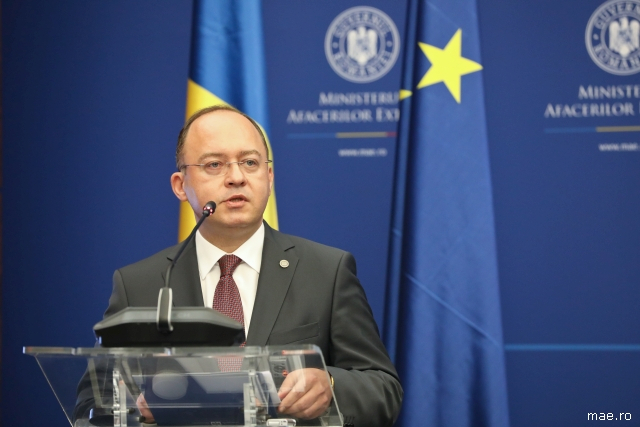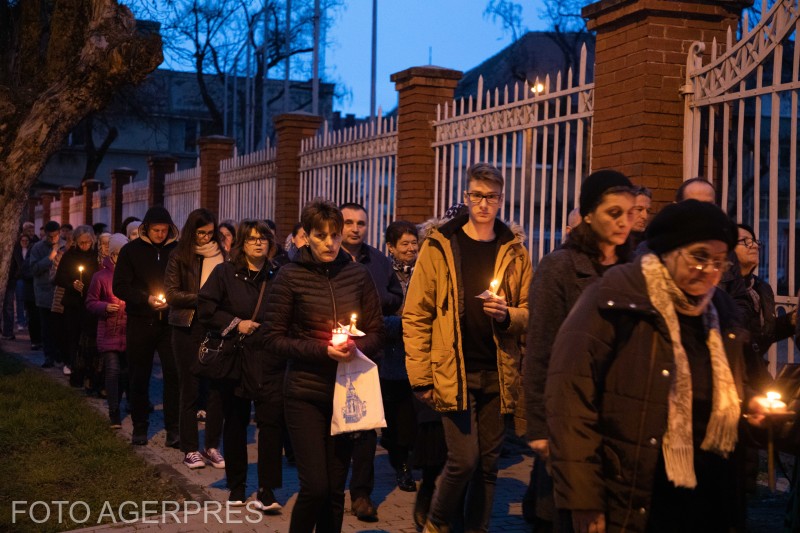Freedom to join alliances
Foreign Minister Bogdan Aurescu has expressed concern over Russia's military build-up close to NATO borders

Roxana Vasile, 10.01.2022, 01:50
Any country, regardless
of size or geographic position, has a fundamental right to decide its path and
the alliances it wishes to join, said NATO deputy Secretary General, Mircea Geoană at
the end of the Friday’s NATO Foreign Minister summit. The NATO officials
convened in videoconference format to discuss the security implications of
Russia’s unjustified and unprovoked military build-up outside Ukraine, a
country aspiring to become a full NATO member. The Allies have again called on
Moscow to renounce its aggressive rhetoric targeting its allies and withdraw
its military forces, so as to de-escalate the situation by means of dialogue
and peace.
We support Ukraine’s sovereignty and territorial integrity. And we
stand united in the defense and protection of all Allies. NATO remains open to a
substantial dialogue at the upcoming NATO-Russia Council on January 12. This will
present Russia with an opportunity to prove its real openness to dialogue,
diplomacy and observing international commitments and standards. We won’t compromise
on any fundamental principle of security, enshrined in the Washington
Treaty, Mircea Geoană wrote on Facebook. Attending Friday’s meeting was also Romania’s
Foreign Minister, Bogdan Aurescu. The Romanian official reiterated our country’s
concern regarding Russia’s military build-up close to the Alliance’s borders, and
called on de-escalating the situation. Referring to this complex security situation,
Minister Aurescu insisted on the need to strengthen NATO’s deterrence and
defense posture in a coherent and comprehensive way across NATO’s eastern flank,
particularly in the Black Sea region.
According to a Foreign Ministry release,
Minister Aurescu also argued in favor of NATO’s dual approach to Russia,
consisting of both firm and reliable deterrence actions, as well as dialogue,
without affecting the principles, values and commitments of the Alliance. NATO,
Bogdan Aurescu argues, is particularly responsible for preserving the European
security architecture and the international rules-based order. The Romanian
official also referred to NATO’s continuous cooperation with the European Union
as a key pillar of the Western community, as well as with NATO’s partners in its
vicinity, supporting their resilience and an open-door policy. The NATO-Russian
Council of January 12 will be preceded by a NATO-Ukraine Committee meeting on
January 11. (VP)






























